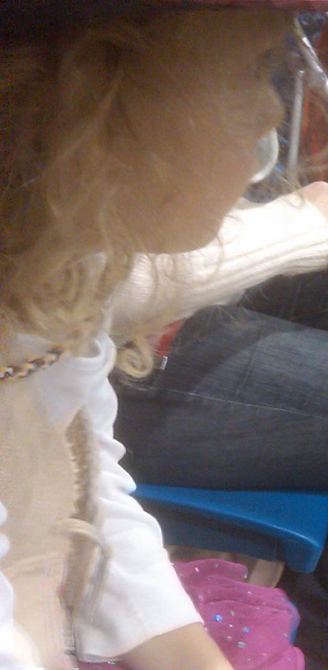Imbolc Valentine Moon
Writing. Learning about the craft 20 years after devoting myself to it. Yes, I admit it. Kate was right. Though I don’t recall, she says she urged me to go to the Loft way back, back in the days after I left the Presbytery. Now I am. To learn about publishing and about serious revision. She’s often more clear about my vocation than I am. Strange, but true.
The third phase continues to shimmer in front of me, a veiled space not yet known, the part of life that lies on boundary with the undiscovered country which doubles its resonance as if a great bronze tocsin tolls; though still faraway, its sound grows stronger with each passing day.
So. Legacy, then. What will remain of mine when I cross the veil and enter that other world? Of course there will be the vague collation of memories in children and grand-children, the sort of hazy recollection that fades with each passing generation. Of course. There will be, too, the even gauzier remnants of actions taken: those apartments and houses on the West Bank, a strengthened legislative program at the Sierra Club, work for non-profits and affordable housing through various groups, but in these my print lies barely visible, as it should be, but it means that connection will soon be lost. If it has not been lost already.
Where I have most hope lies in the words I have written, like my father before me. No wonder then that as the third phase beckons and the life of the past recedes writing becomes more important. There is a sense in which legacy is a thing of vanity only and in that regard insignificant, after all most of us travel that last ancientrail unknown soon after we have set out. There is, though, another sense in which legacy matters because it matters; that is, the legacy continues to entertain, to provoke, to evoke, to engage not in the world of the hereafter but in the world that is here after we are.
It is to this sort of legacy that I aspire and its persistence through time will depend on the quality of the work and thought I bring to it. I know it seems perverse from some perspectives but I do not care about my legacy while I live. Fame or money or recognition do not matter. Only the work. If any of them would come, I would choose money for the freedom it would give Kate and me to travel. Recognition matters to me only as affirmation of labor’s worth. But I value my work myself, so it is not needed.

 letter and showed it to her mother. “Look, mommy, I got a bracelet with my name on it.” Sure enough the bracelet read Ruth. It was only later that her mom discovered it had been handed by a Christian woman to this Jewish young girl. The bracelet originally read, Truth.
letter and showed it to her mother. “Look, mommy, I got a bracelet with my name on it.” Sure enough the bracelet read Ruth. It was only later that her mom discovered it had been handed by a Christian woman to this Jewish young girl. The bracelet originally read, Truth.